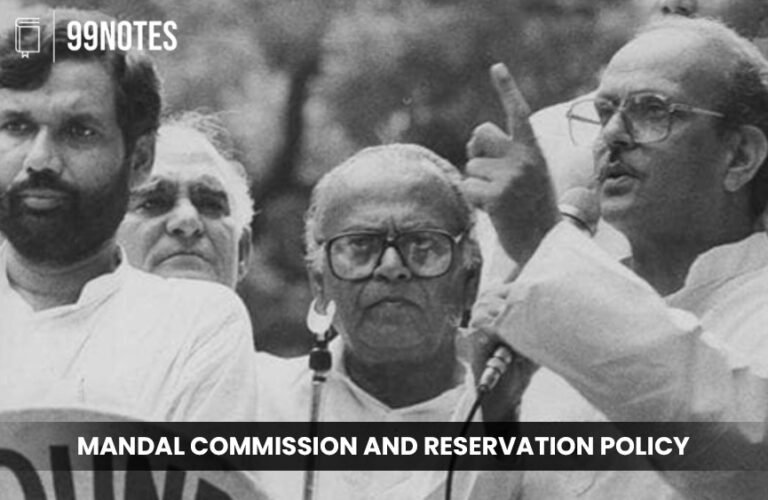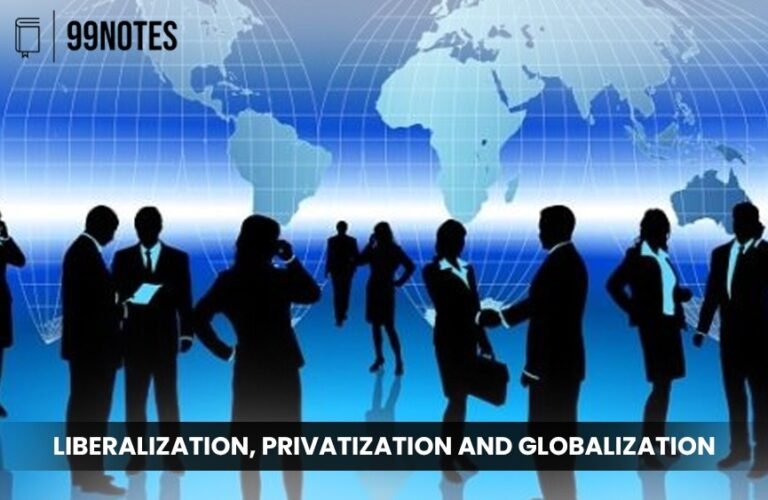09 April 2025 : The Hindu Editorial Analysis
1. The gradual transformation of the Home Ministry (Source – The Hindu, International Edition – Page No. – 8) Topic: GS2 – Governance Context The Ministry of Home Affairs has shifted from a reactive crisis management body to a reform-driven institution. This transformation aims to build a future-ready framework for law enforcement and national stability….







